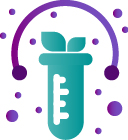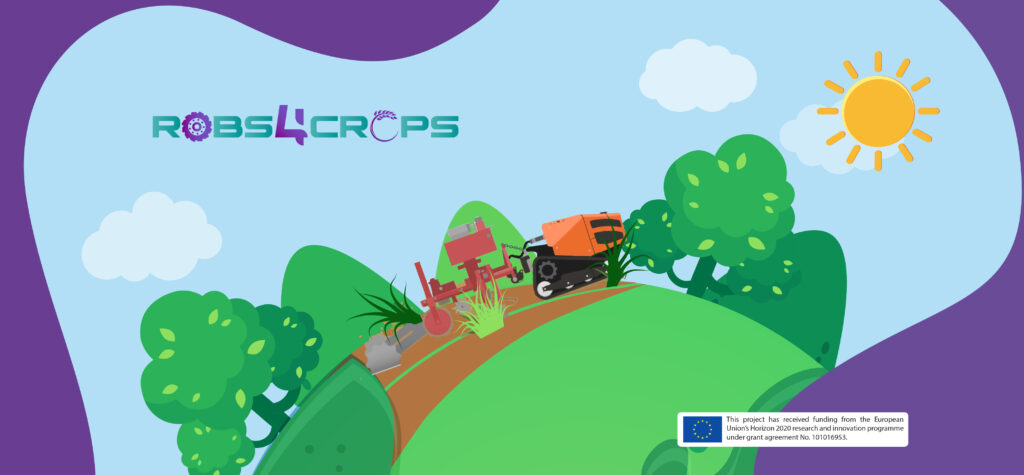The EU Robs4Crops project is striving to upgrade traditional farming practices and promote environmental sustainability. By harnessing the power of smart implements, autonomous vehicles, and high-level software, the aim of the project is to make significant strides in reducing the environmental impact of agriculture.
 Minimizing Chemical Usage for a Healthier Ecosystem
Minimizing Chemical Usage for a Healthier Ecosystem
One of the key goals of the Robs4Crops project is to minimize the reliance on chemical inputs in farming operations. By incorporating autonomous robots and smart implements for tasks like weeding and spraying, the project reduces the need for chemical weed control and crop protection treatments. This approach not only reduces the potential harm to the environment caused by chemical pollution but also promotes a healthier ecosystem by preserving beneficial insects, pollinators, and wildlife. Through targeted and precise interventions, the project ensures that the use of chemicals is minimized, leading to a more sustainable and balanced agricultural ecosystem.
 Precision Agriculture for Resource Optimization
Precision Agriculture for Resource Optimization
Robs4Crops embraces precision agriculture techniques that optimize the use of valuable resources such as water and energy. Equipped with advanced sensors and technologies, the autonomous robotic system deployed in the project provide accurate and targeted interventions. By precisely applying crop protection products and fertilizers based on specific crop requirements and conditions, the project minimizes unnecessary resource usage and mitigates environmental pollution. This approach not only conserves precious resources but also enhances overall farm efficiency and productivity.
 Preserving Soil Health and Biodiversity
Preserving Soil Health and Biodiversity
Conventional farming practices often contribute to soil degradation and erosion caused by heavy machinery. In contrast, the Robs4Crops project contributes to reducing soil compaction and damage. By preserving soil health and fertility, the project helps maintain the foundation of sustainable and productive agriculture. Moreover, by reducing the reliance on chemical pesticides and herbicides, Robs4Crops supports biodiversity conservation. This approach minimizes collateral damage to non-target organisms, promoting a healthier and more diverse agricultural ecosystem.
 Climate Change Mitigation through Sustainable Farming
Climate Change Mitigation through Sustainable Farming
The Robs4Crops project indirectly contributes to climate change mitigation by reducing greenhouse gas emissions associated with conventional farming practices. Through optimized resource usage, minimized chemical inputs, and more efficient farming techniques, the project helps to reduce the carbon footprint of agriculture.
Through the reduction of chemical usage, precision agriculture techniques, preservation of soil health, support for biodiversity, and contribution to climate change mitigation, Robs4Crops is paving the way for a greener and more sustainable agricultural future. As the project continues to progress, it offers hope for a harmonious coexistence between agriculture and the environment, ensuring a resilient planet for future generations.

